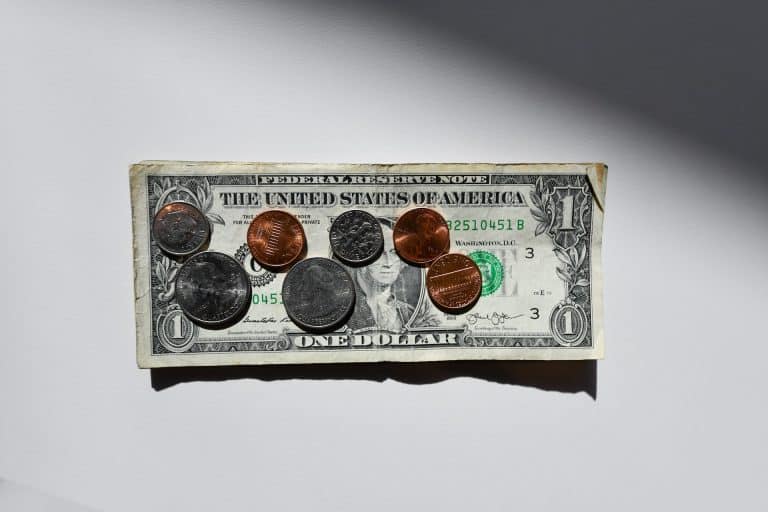The Troubled History of Tipping: Understanding the Origins of a Controversial Custom
Tipping culture is so deeply ingrained in our society that it can feel like it’s always been there. But where did this custom come from, and how did it become so prevalent? At CancelTips, we believe understanding the history of tipping can shed light on its current implications and the need for change. As we continue to #CancelTipCulture, let’s take a look back at its origins and evolution.
The Birth of Tipping
Tipping didn’t start in America. In fact, it has its roots in Europe’s aristocratic society.
Originating in European Aristocracy
Tipping began as a practice among European aristocrats in the 17th century, who gave ‘vails’ or ‘tips’ to servants in private homes and inns as a token of their wealth and generosity.
Transatlantic Adoption
The practice crossed the Atlantic in the mid-19th century, brought over by Americans who traveled to Europe and wanted to show off their knowledge of aristocratic customs back home.
Tipping in Post-Emancipation America
Tipping took a troubling turn in America after the Civil War, becoming entwined with racial dynamics and economic exploitation.
Substituting Wages with Tips
After the Civil War, several industries, particularly the Pullman sleeping car company and restaurants, employed newly freed African Americans at very low wages, expecting tips to make up the rest.
Legitimizing Wage Inequality
This practice was contested and even banned in some states. However, it was ultimately upheld by the Supreme Court in 1916, establishing tipping as a legitimate part of wage structure in the service industry.
Tipping Today: A Legacy of Inequality
The historical roots of tipping have shaped the current tipping culture in America, one that is marked by wage inequality and financial instability.
Tipped Minimum Wage
While the federal minimum wage has increased over the years, the tipped minimum wage has remained $2.13 per hour since 1991, leading to increased financial insecurity for tipped workers.
Perpetuating Discrimination
Historical biases embedded in tipping practices persist today, with studies showing that women, people of color, and older workers often receive lower tips than their counterparts.
Changing the Course of History
Understanding the history of tipping helps us see it not as an unchangeable tradition, but as a socio-economic construct that we can and should challenge. At CancelTips, we’re dedicated to changing this historical trajectory, advocating for fair wages and a #CancelTipCulture. As we move forward, we carry with us the lessons of the past, committed to creating a fairer future for all service workers.






